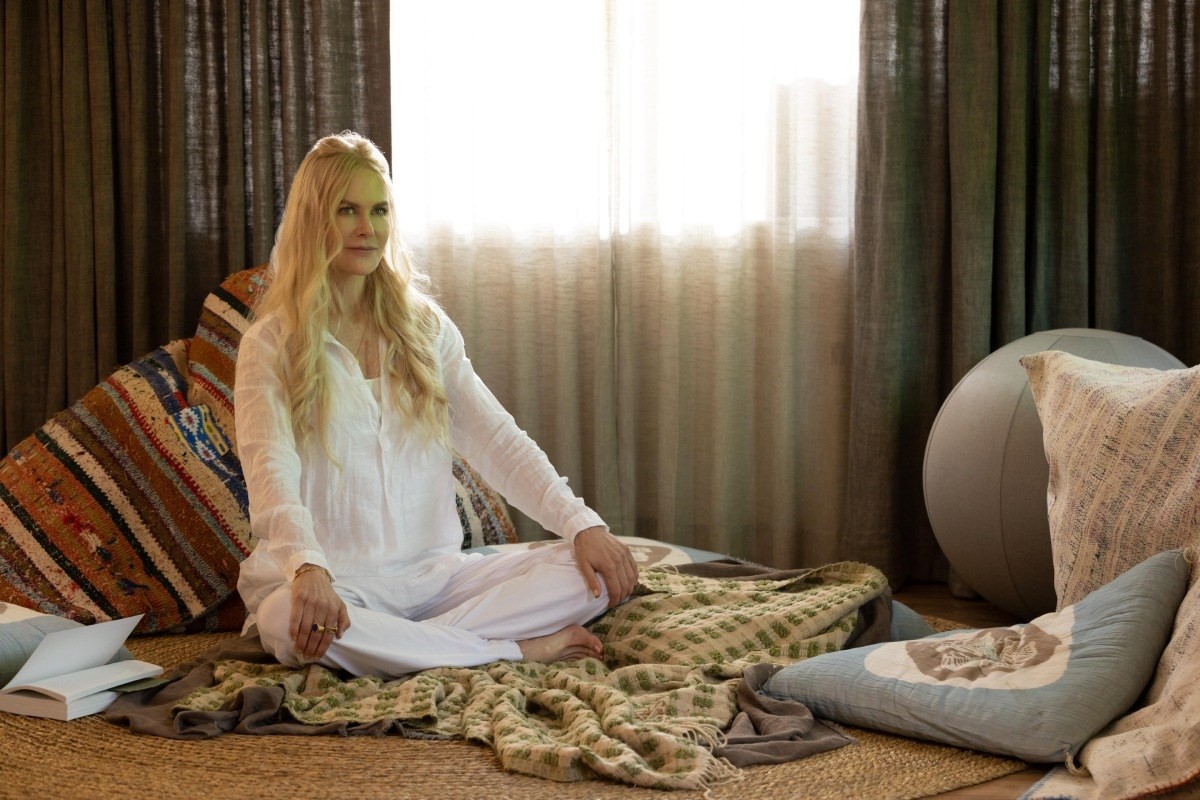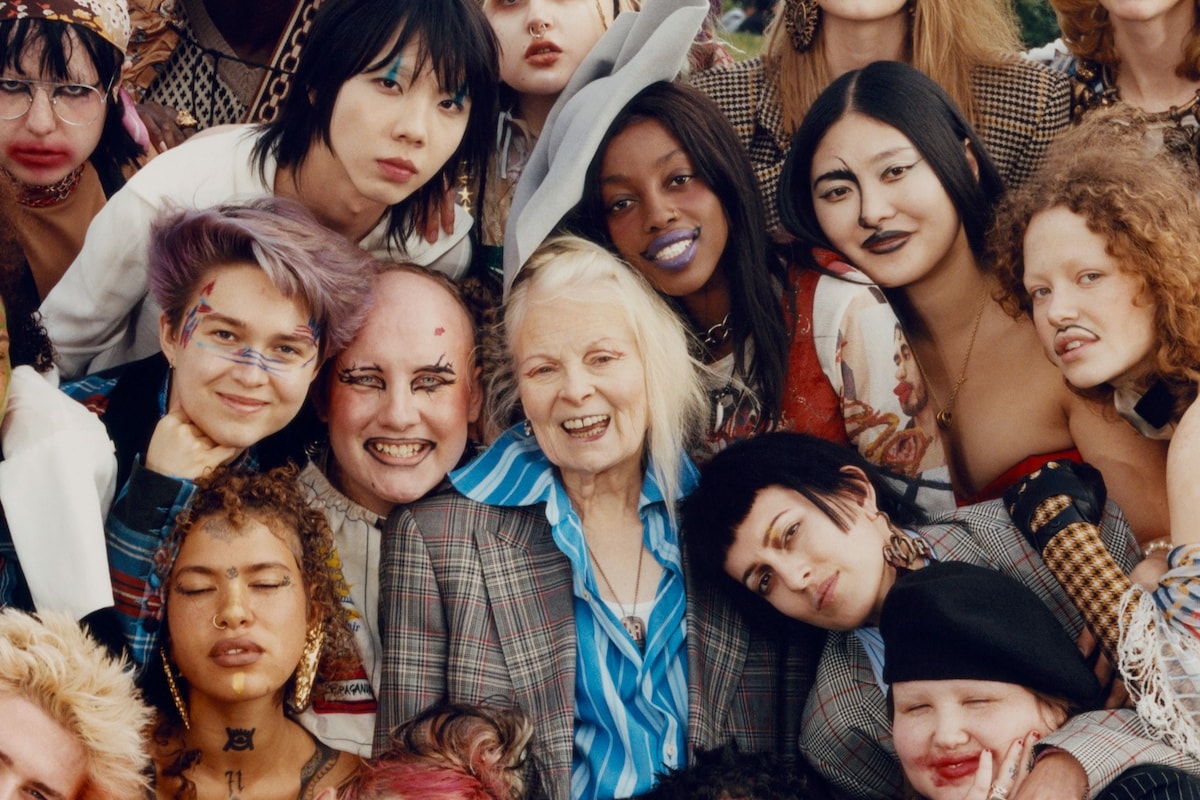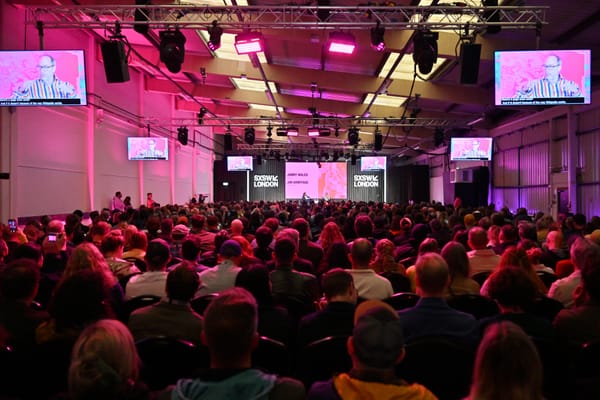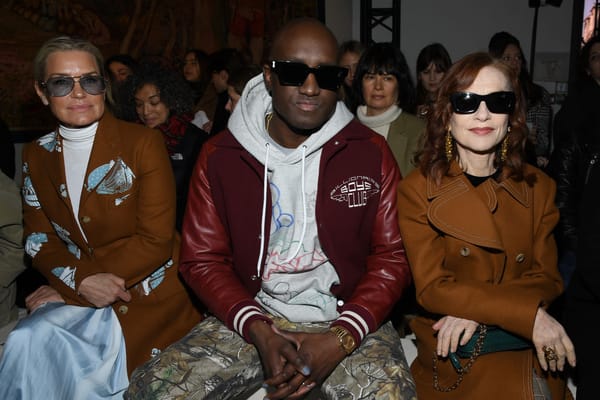Seed oils, cryo chambers and chaos. How healthy is wellness?
When does wellness stop being healthy? And how do we separate science from hype? We did the research so you don't have to.
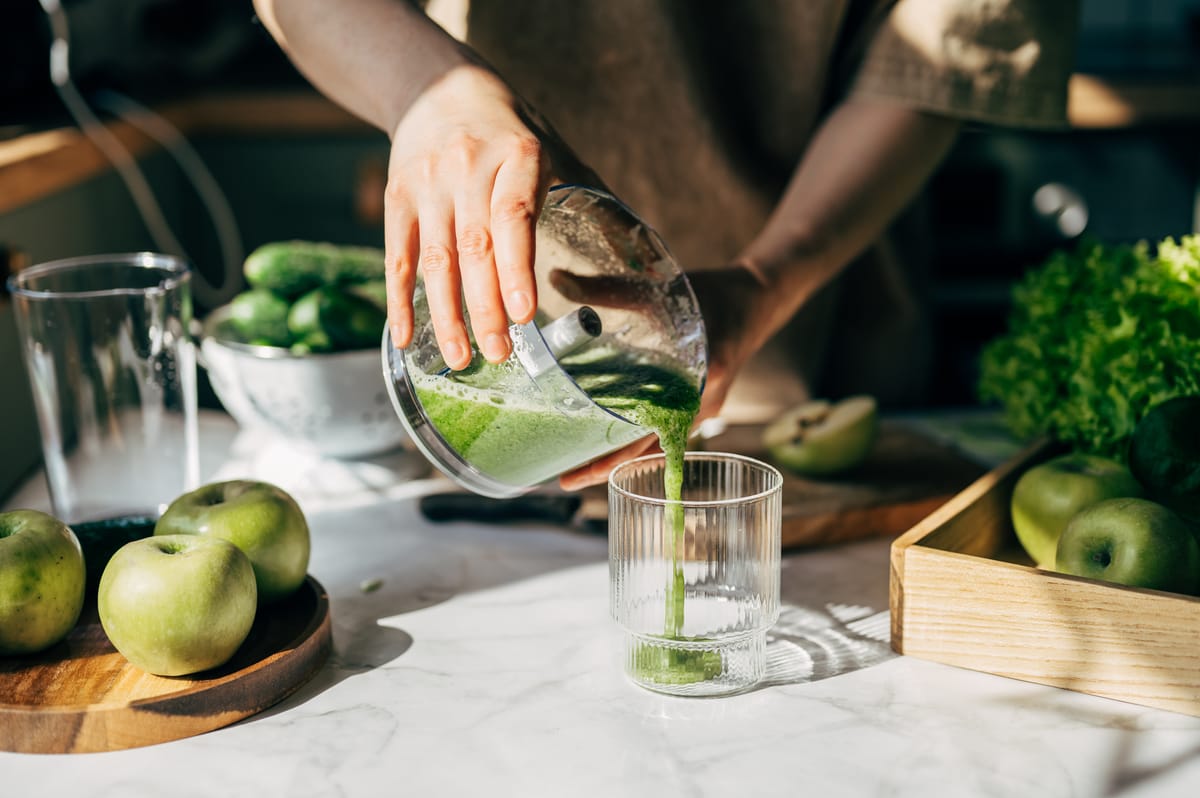
The global wellness industry is worth $6.3 trillion and is projected to hit $8.4 trillion by 2027, growing at a striking 8.6% annually (2025 Wellness Trends Report). As our feeds overflow with extreme hacks and optimisation culture, the question is: when does wellness stop being healthy? And how do we separate science from hype?
Seeking control: the rise of extreme wellness
In our 2023 CRTL_SHIFT report, Dazed Beauty Director Alex Peters spoke of how beauty and wellness was becoming more and more extreme:
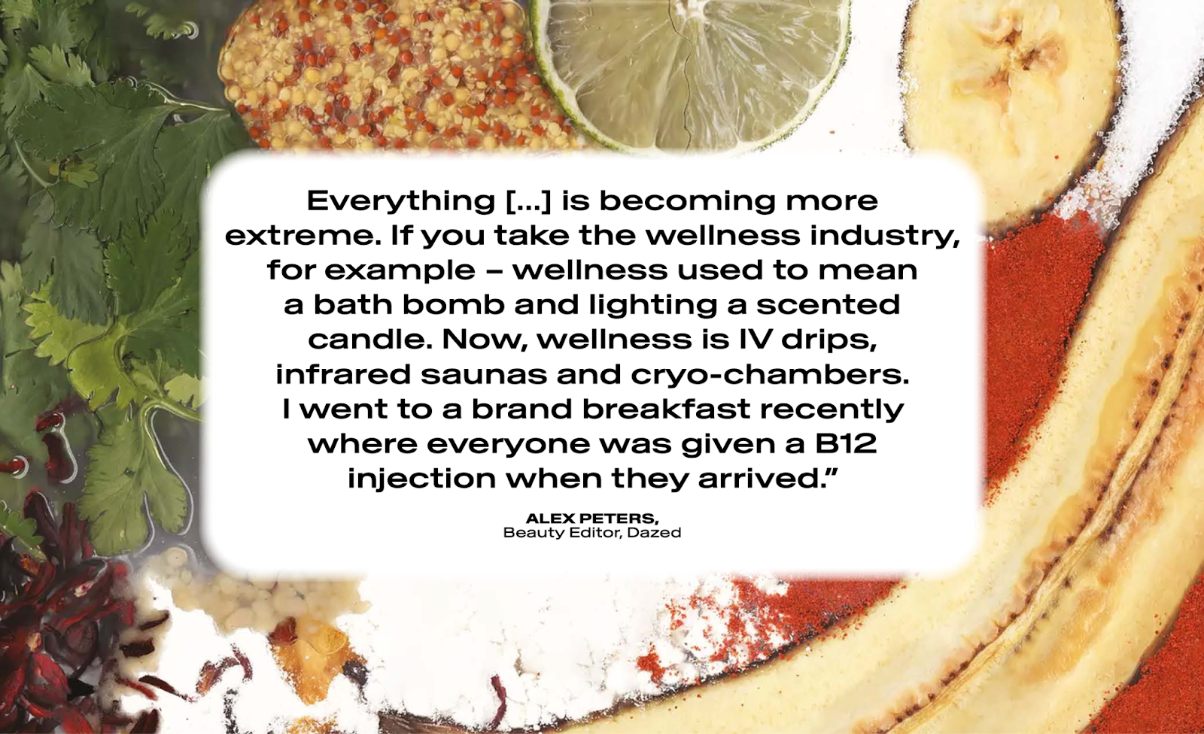
From the Glucose Goddess and the Tonic Health guy to Barbara O'Neill
Our TikTok FYPs and Instagram Reels are flooded with different health tips - from which supplements to take, to how to effectively fast. Social media has democratised health information to us all, empowering us to take ownership over our daily lifestyle choices, but it comes at the risk of disinformation. But are these trends actually healthy, and what are we buying into? This week, Dazed Studio did the research so you don’t have to.
*Disclaimer: We have referred to several medical sources in this newsletter, but it is worth pointing out the potential for biases in their methodologies. Facts written here may be disproven in the future.
Trend 1: The next new health fad - biohacking. But can you actually "biohack" your body?
Biohacking involves optimising health through nutrition, technology, and personalised strategies to enhance physical and mental performance. Google searches for the term are up 94% in the past year.
It is expected to go mainstream in 2025, with a growing market projected to reach £52 billion by 2027. Brain-boosting vitamins and adaptogens, holistic keys to immunity, and personalised health solutions, such as wearable tech, are key themes.
Here's what we found: it depends.
In conversation with John Horton of The Cleveland Clinic, functional medicine specialist Dr Melissa Young discusses several “biohacking” strategies. All in all, she is pro-personalised medicine, which recognises that there is no “one size fits all” approach to medicine; “It's making intentional changes in lifestyle, our environment, our body, to maximise our mind, body, and emotional health.”
Intermittent fasting does scientifically have some benefits although it may not be suitable for everyone. It has shown to be particularly beneficial for peri- and post-menopausal women, who experience decreased insulin sensitivity. However, it comes with risks of disordered eating.
Cold therapy, including cold plunges, is another facet of biohacking which has gained huge popularity - between 2019-2024, worldwide interest in cold plunge therapy increased by 600%. Scientists are still researching its therapeutic benefits for those with PTSD, and although it may boost endorphins in the short-term, the jury is still out, with the ever-present risk of hypothermia making it into news headlines.
Trend 2: Should you really avoid seed oils?
Most vegetable oils are seed oils; they include rapeseed (canola), sunflower, corn, soybean, grapeseed, rice bran, cottonseed and safflower oils - but these are now being talked about online as “the hateful eight”. Social media claims they are responsible for increased inflammation.
Here's what we found: this isn’t entirely true - it’s about how they’re consumed.
To simplify the science: seed oils contain high levels of omega-6 fatty acids, including linoleic acid. In theory, as ZOE notes, it’s about the ratio of omega-3 to omega-6 acids one consumes; and, typically, seed oils are used heavily in fried and ultra-processed foods. The ideal consumption ratio of omega-6 to omega-3 is 2:1, but in some countries, such as the U.S., the ratio can be as high as 10-20:1.
In the States, RFK Jr. has called for the use of them to be replaced with beef tallow; however, this is not a replacement without risk. It is one of the main sources of saturated fat, according to the American Heart Association; 70-75% of the U.S. and 80% of the UK consume above dietary guidelines for saturated fat, which state that it should not make up more than 10% of your calorie intake. The key to health is therefore following a balanced and healthy diet, which includes minimal food processing.
Trend 3: Do we really need more electrolytes?
You may have noticed the plethora of electrolyte-enhanced drinks and mineral-boosted beverages in your local Boots or CVS, near the checkout. These products aim to replenish vital minerals and electrolytes for optimal bodily function.
Here's what we found: the answer is, generally, no.
Electrolytes are vital minerals that regulate heart rhythms, nerve and muscle function, and balance fluids. However, medical professionals only advise taking them when you are at risk of dehydration - such as when you are ill, facing heatstroke, or losing fluid through very intense exercise. Otherwise, they can actually be harmful to your health if overconsumed - especially for those with diabetes or high blood pressure.
Trend 4: Does microbiome optimisation boost immunity?

Professor Tim Spector, esteemed epidemiologist and Founder of TwinsUK who rose to national fame during the early days of the Covid pandemic, has lauded the benefits of eating 30 different fruits and vegetables a week in order to optimise gut health, as well as ditching non-dairy milks, which include seed oils and gums, for yoghurt, kefir, and other fermented foods. His launch of the ZOE App, with VC backing from internet figure Stephen Bartlett, may be flooding your Instagram ads.
Here's what we found: optimising gut health is beneficial for your overall health.
A diverse gut microbiome is beneficial for overall health, supported by a variety of plant foods, probiotics, and prebiotics. Research has shown that deficiencies in gut health are linked to increased risk of Alzheimer’s Disease, heart disease, and various inflammatory diseases - it’s no wonder, as our guts contain 70-80% of our immune system.
Trend 5: Does wearable tech detect, or cause, health problems?
Wearable wellness technology, such as Oura and Ultrahuman rings, and Whoop bands, allow you to optimise your wellbeing and recovery time. They have become the new accessory for personalised health analysis, tracking health indicators such as one's basal body temperature and heart rate, as well as exercise and sleep activity, providing users with the choice of what to discover about their health and fertility. Some TikTok creators have even claimed that their serious health problems were detected months before they were medically diagnosed.
Here's what we found: wear them with caution.
Although wearable technology has health benefits, a 2023 medical study showed that they may be harmful to those with a predisposition to health anxiety or OCD - and have the potential to cause new psychological disorders.
What does our wellness obsession say about culture?
There is also something to be said about our own narcissistic addiction. Do we really need to know our ‘readiness score’ for the day, or know how well we slept last night? Should we risk our exposure to serious infections for the sake of more nutrients? Will taking L-Carnitine every day make us skinny? In an era where “ozempic chic” is already trending, are wellness trends at risk of fuelling orthorexia?
In an interview with The Guardian, Dr Marion Nestle, Paulette Goddard, Professor Emerita of Nutrition, Food Studies and Public Health at NYU, spoke of new wellness trends as being beyond simply avoiding ultra processed foods (UPFs): “It’s part of the whole anti-authoritarian, anti-science, anti-expertise waves that we’re seeing in this country right now.” Holistic wellness is both a social trend and a political topic amongst youth, fuelled by mistrust in public services and government messaging.
Yet all in all, in a world which forces us to digest the whole spectrum of opinions online, it is important to keep in mind that balance and moderation are key to wellness, not the extremes.
Might be of interest
- WePresent a disorientating and hypnotic short film interrogating the confusion around spirituality and wellness in the digital age, from London-based artist @letaochen.
- Plus, recent articles by Dazed:



